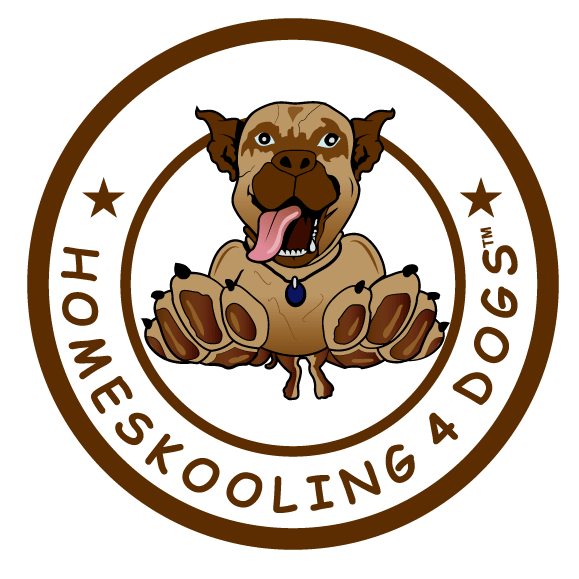How To Choose A Trainer
We all want training that is effective. The challenge is there are numerous methods used to train dogs. Generally speaking there is “tool” based training, “food” based training, and “relationship” based training. Realistically all methods incorporate all three but there can be drastic differences in the approach, application, and effectiveness. The three training methods will use fear, food, or fun. Any of these training methods can achieve results with the right dog and right trainer. But achieving results with harsh methods is unnecessary. Often “tool” and “fear” based trainers use a choke chain, check chain, prong collar, e-collar, or other “correction tools” on dogs. Since none of these “tools” are necessary I advise against using any of them on any dog. THEY ARE NOT NEEDED!
Leadership starts by being in control, not fighting for control. This does not mean you need to become a dictator. Dictators are feared, not respected. Trainers often promote themselves as; balanced, positive reinforcement, humane, force-free, alpha, clicker, science based, relationship based, etc.… If you are looking for a trainer that uses more “humane” training methods, ignore all the descriptive terms when choosing. Don’t rely on labels and marketing when looking for a trainer. The best way to evaluate a trainer and their methods is to go watch a training class, and when the people start to actively work with their dogs close your eyes and listen. If it does not sound like the people are having fun, it is almost a guarantee the dogs are not having fun. If the training looks like a class on inflicting punishment, or looks like most participants have a feeding disorder keep looking for a good class. If there is not a class available to watch look for posted videos and pictures. What is the dog wearing? A prong collar, choke chain, e-collar, head halter, restrictive harness, or other collar attachment, or restraining tool?
You are not your dog’s peer, but you should be their best friend. After all you choose them. Even though they are not human, they are still family, so treat your dog like a family member, not a competitor. How do you know when you are becoming the leader you should be? Your dog will be responsible to you, not for you, or indifferent to you, and the vast majority of the time your dog will be cooperating with you, not just submitting.
“Leaders have followers, not prisoners.” — Glenn Massie
Answers To Questions You Never Thought of Asking
Dog Training
The Dog Vinci Code: Unlock the Secrets to Training Your Dog By John Rogerson
The Connection Collection By Suzanne Clothier
Finding A Balance: Issues Of Power In Healthy Dog /Human Relationships By Suzanne Clothier
